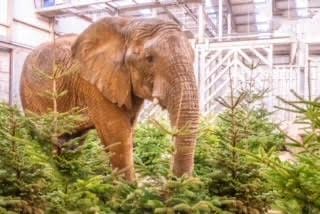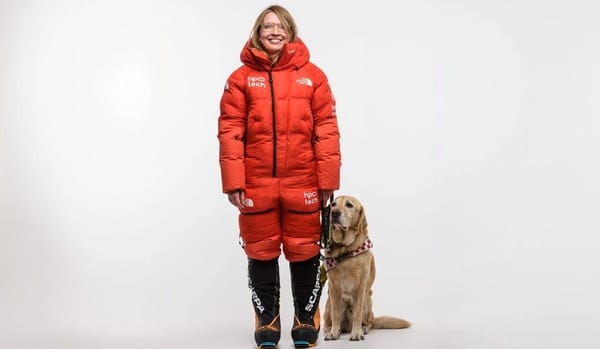Cow Retirement Homes Help Save Nepal’s Vanishing Vultures
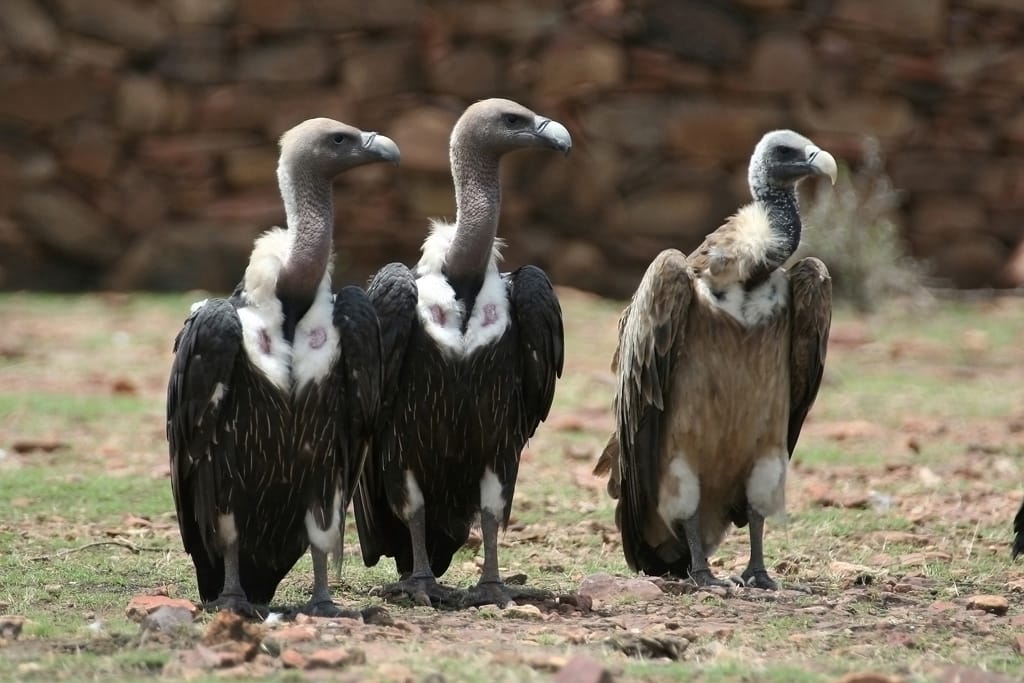
By Conservation Correspondent
The RSPB, working with Bird Conservation Nepal (BCN) and Renewable World, has launched a new project to protect vultures in western Nepal while supporting local farmers and improving livelihoods.
Funded by the Darwin Initiative, the programme began in October and will create Nepal’s second official Vulture Safe Zone, restoring populations of species such as the White-rumped Vulture, once among the world’s most numerous raptors.
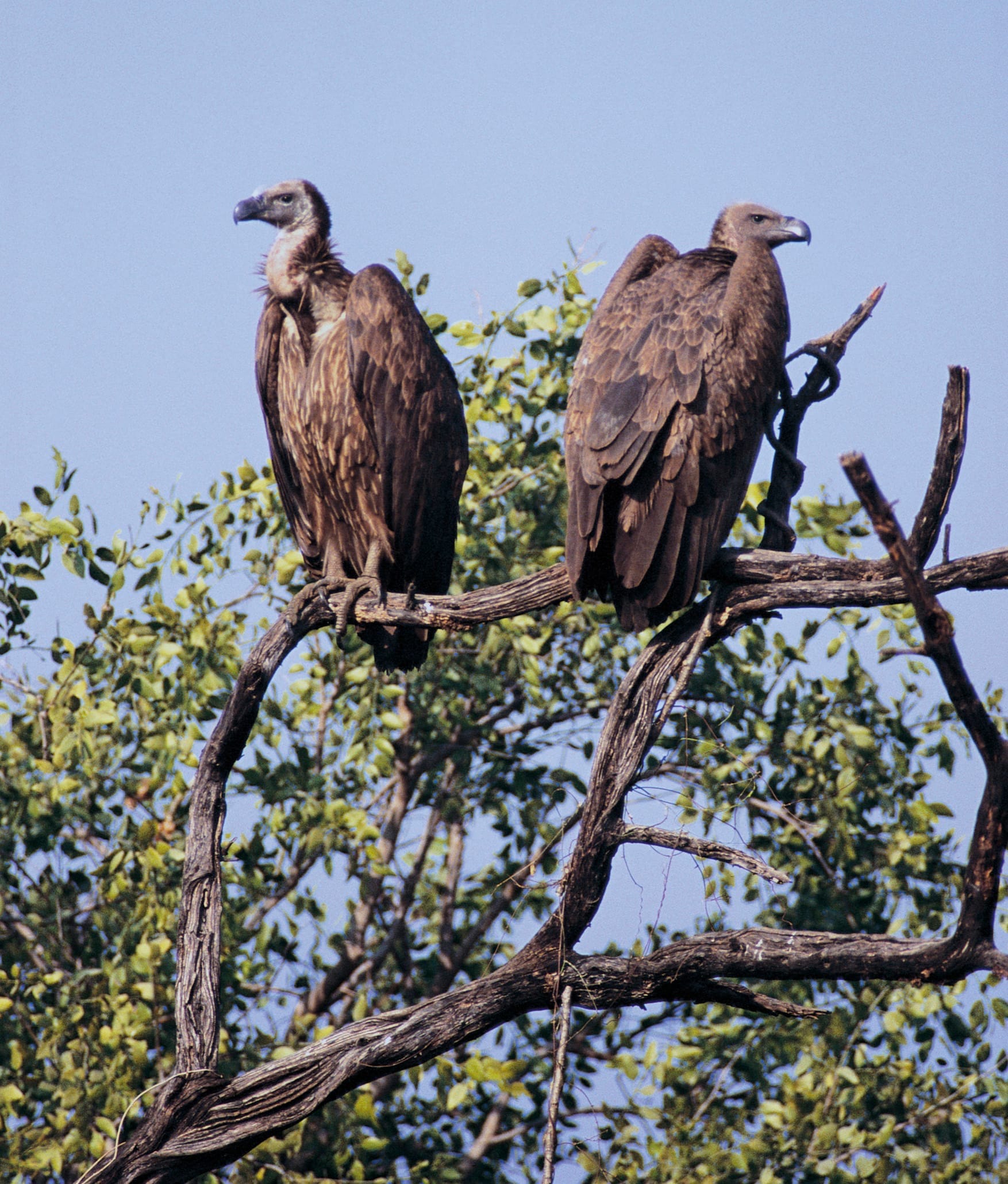
Vultures in South Asia have faced catastrophic declines due to the veterinary drug diclofenac, which is lethal to birds that feed on treated livestock carcasses. Despite bans introduced between 2006 and 2010, illegal sales and other toxic drugs continue to threaten the birds.
A key part of the new initiative is supporting “cow retirement communities” — shelters where unproductive or abandoned cattle are cared for humanely.
When these cows eventually die, their carcasses provide vultures with a safe food source.
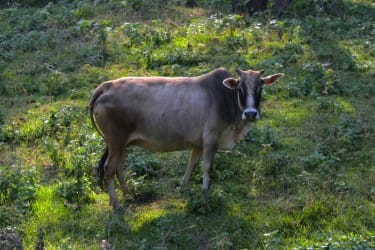
The project will back five cow shelters near Shuklaphanta National Park, improving their management, sustainability, and exploring income opportunities such as biogas and compost production.
Other measures include:
- Providing solar-powered milk chillers to boost the dairy sector.
- Running veterinary health camps promoting vulture-safe drugs.
- Conducting pharmacy surveys and awareness campaigns to enforce drug bans.
- Supporting stray dog neutering and better livestock protection.
Mary Davies, RSPB Senior Species Recovery Officer, said: “This project is a real win–win for people and nature. By supporting farmers and making cow shelters sustainable, we can reduce poverty and give vultures the safe spaces they urgently need.”

Thakur Thapa, Country Director of Renewable World Nepal, added: “This partnership will increase farmers’ incomes and conserve vultures. We’ll be working with more than 6,000 farmers to build a model that benefits both communities and wildlife.”
Ishana Thapa, CEO of Bird Conservation Nepal, said: “Community-led conservation can transform threatened species into local economic assets. This project shows how protecting wildlife can go hand-in-hand with improving people’s lives.”
By the end of the programme, partners aim to have Nepal’s second Vulture Safe Zone formally declared — another major step toward bringing South Asia’s vultures back from the brink of extinction.
If you have a positive story or uplifting news to share, we’d love to hear from you!
Just email us at news@goodnewspost.co.uk.
Whether it's a local hero, an act of kindness, or a personal win, your story could help spread joy and improve someone’s mental health. Let’s make the world a little brighter, one good news story at a time.
And don’t forget—you can sign up for free to get the latest feel-good stories straight to your inbox!


